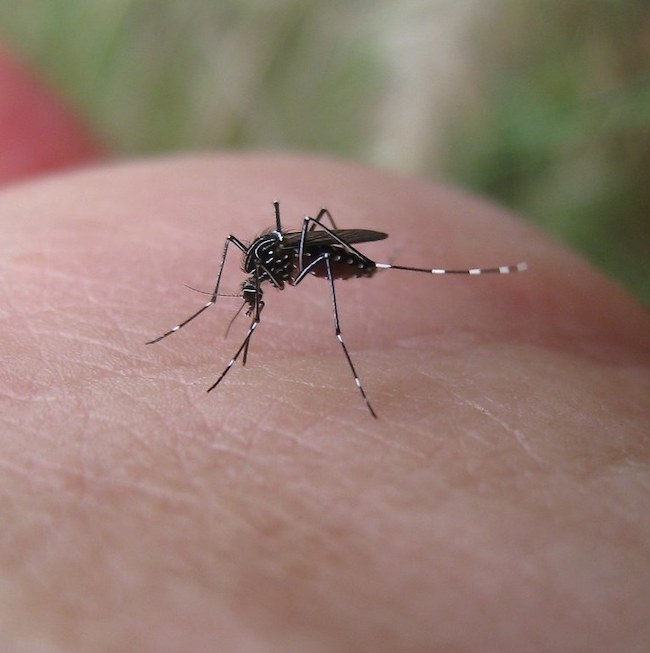Dengue is a viral illness transmitted by mosquitos. Also known as “break-bone fever” it can be asymptomatic or lead to serious complications, including a host of symptoms such as fever, nausea, vomiting, headache, pain, lethargy etc. Dengue’s most feared complication (other than death) is bleeding and a series of hemorrhagic manifestations. Infected individuals may experience petechiae, bruising of the skin, as well as bleeding from the nose, mouth and gastrointestinal system1. In extreme cases, hospitalization is required. Brazil’s cases of Dengue2 normally surge after March; this year’s early surging of cases marks a potentially ominous trend. Whether due to elevated temperatures, poor sanitation, poverty and/or issues with poor infrastructure, the alarming rise in newly diagnosed cases raises a serious public health issue. And while a vaccine exists, it is only about 60% effective3 against the disease. Also concerning is the fact that once a mosquito carries the Dengue virus, it will do so permanently. Furthermore, similar to the Zika virus, Dengue also may undergo maternal transmission from mother to baby. A travel advisory for Brazil has been issued by the United States Embassy as well as other international agencies.

References:
- https://www.cdc.gov/dengue/symptoms/index.html ↩︎
- file:///Users/mashkaholsen/Downloads/2024-feb-16-phe-alert-dengue.pdf ↩︎
- https://www.nature.com/articles/d41586-024-00626-3 ↩︎
